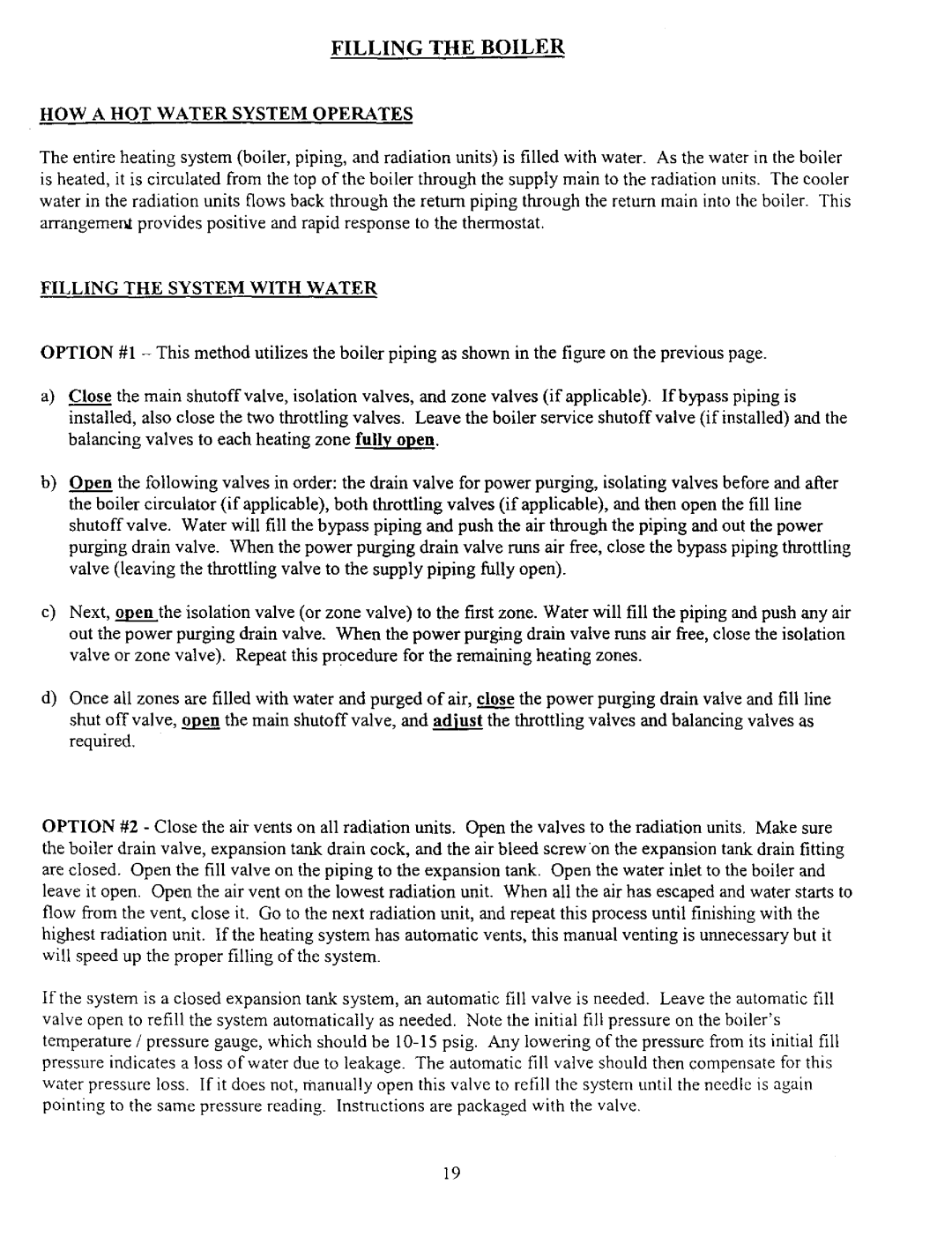5EWL.20, 3E W.65, 4EW.90, 5EW2.00, 4EW1.50 specifications
The Kenmore lineup, featuring models 5EW1.75, 3EW.75, 4EW1.50, 5EW2.00, and 4EW.90, showcases a range of advanced technologies and features designed to enhance performance and efficiency in home appliances. These models highlight Kenmore’s commitment to innovation, aiming to meet the diverse needs of consumers for reliable and functional appliances.The 5EW1.75 stands out with its efficient energy usage, designed for those who prioritize eco-friendliness without sacrificing performance. This model employs smart technology that optimizes energy consumption, making it not only cost-effective but also environmentally responsible. Additionally, it incorporates intuitive controls, allowing users to adjust settings easily and monitor energy levels in real-time.
Transitioning to the 3EW.75, this model focuses on durability and reliability. Constructed with high-quality materials, it promises a longer lifespan and reduced maintenance costs. The inclusion of quality components ensures consistent performance even under heavy use, appealing to families or individuals who value dependability.
The 4EW1.50, known for its versatility, features multiple settings suitable for various tasks. From quick washes to intense cycles, users can select the ideal program for their specific needs. This adaptability makes it a favorite among busy households. Coupled with a user-friendly interface, the 4EW1.50 encourages ease of use, which is a significant draw for consumers.
The 5EW2.00 takes efficiency to the next level, integrating cutting-edge washing technologies. With a focus on water conservation, this model uses advanced sensors to optimize water usage based on load size and fabric type. Additionally, its noise reduction capabilities ensure that operations remain quiet, a key factor for those in smaller living spaces.
Lastly, the 4EW.90 model blends style and function. With a sleek design, it enhances the aesthetic of any home while providing robust performance. It features modern connectivity options that allow for integration with smart home systems, bringing convenience to everyday tasks.
Together, these Kenmore models represent a balance of innovation, efficiency, and user-focused design. Whether addressing energy use, versatility, durability, or aesthetics, each model brings unique characteristics that cater to the evolving demands of consumers, solidifying Kenmore’s reputation as a leader in household appliance technology.

